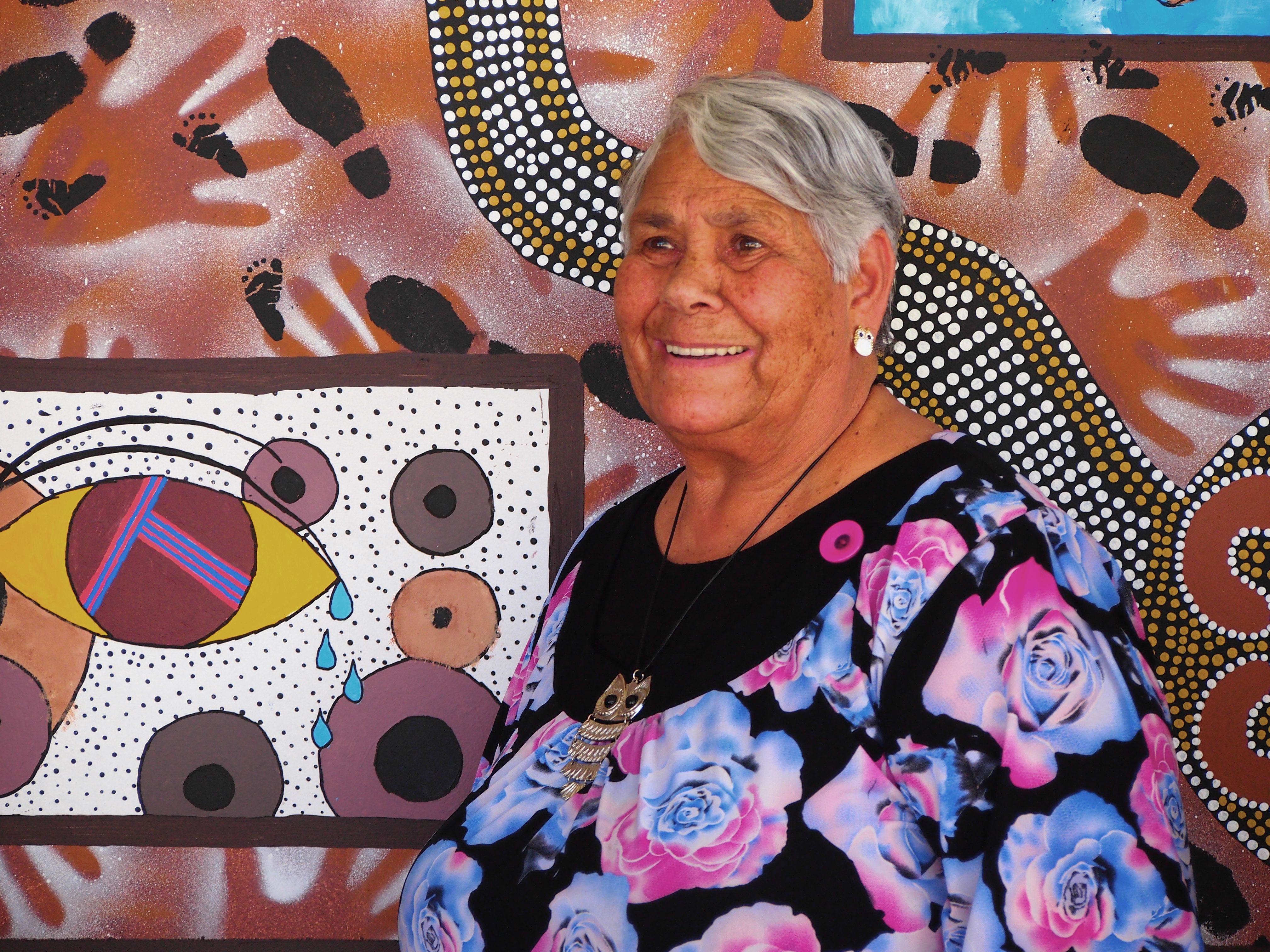O’Donoghue, Lowitja (1932-2024), was an Australian activist for Aboriginal rights. The Aboriginal peoples of Australia are descendants of the continent’s original inhabitants. O’Donoghue received numerous awards and honors for her efforts.

O’Donoghue was born at Indulkana, in northwestern South Australia, in 1932. Her father was of Irish descent, and her mother belonged to the Yankunjatjara Aboriginal group. In 1934, missionaries took Lowitja and two of her sisters to live at a home for children of mixed Aboriginal and European ancestry. The missionaries changed her name to Lois.
Soon after she left high school, O’Donoghue began training to become a nurse. She applied to the Royal Adelaide Hospital to complete her training and earn her nursing certificate. At first, she was refused entry because of her Aboriginal heritage. However, she successfully challenged the hospital and became its first Aboriginal trainee nurse in 1954. After she graduated, she remained at the hospital until 1961.
In 1967, O’Donoghue joined the Australian government’s Department of Aboriginal Affairs. That same year, she was reunited with her mother. A relative who had recognized similarities between the two women helped bring them together. In 1975, O’Donoghue was appointed regional director of the Adelaide office of the Department of Aboriginal Affairs. In 1977, she was elected chair of the National Aboriginal Conference. The Australian government had established the conference to provide a forum for Aboriginal views.
From 1990 to 1996, O’Donoghue served as chairperson of the Aboriginal and Torres Strait Islander Commission (ATSIC). The commission represented the interests of Aboriginal and Torres Strait Islander peoples and administered much of the funding for programs intended to benefit them. While serving on the commission, O’Donoghue helped negotiate the content of the Native Title Act of 1993. The act officially recognized native title—that is, the traditional forms of land ownership of Aboriginal and Torres Strait Islander peoples. Before this act, the government considered Australia to have been terra nullius (land that belongs to no one) before the arrival of British settlers in 1788.
O’Donoghue received many awards for her work. In 1976, she received the Order of Australia for her service to the Aboriginal community. The Order of Australia is Australia’s highest award for service to the country or to humanity. O’Donoghue was the first Aboriginal woman named to the order. In 1983, she was made a Dame Commander in the Order of the British Empire. In 1984, she was named Australian of the Year. In 1999, she was made a Companion of the Order of Australia, the highest level of that order. In 2010, Australia’s National Institute for Aboriginal and Torres Strait Islander Health Research was renamed the Lowitja Institute in her honor. O’Donoghue died on Feb. 4, 2024.
